Call or Text us at

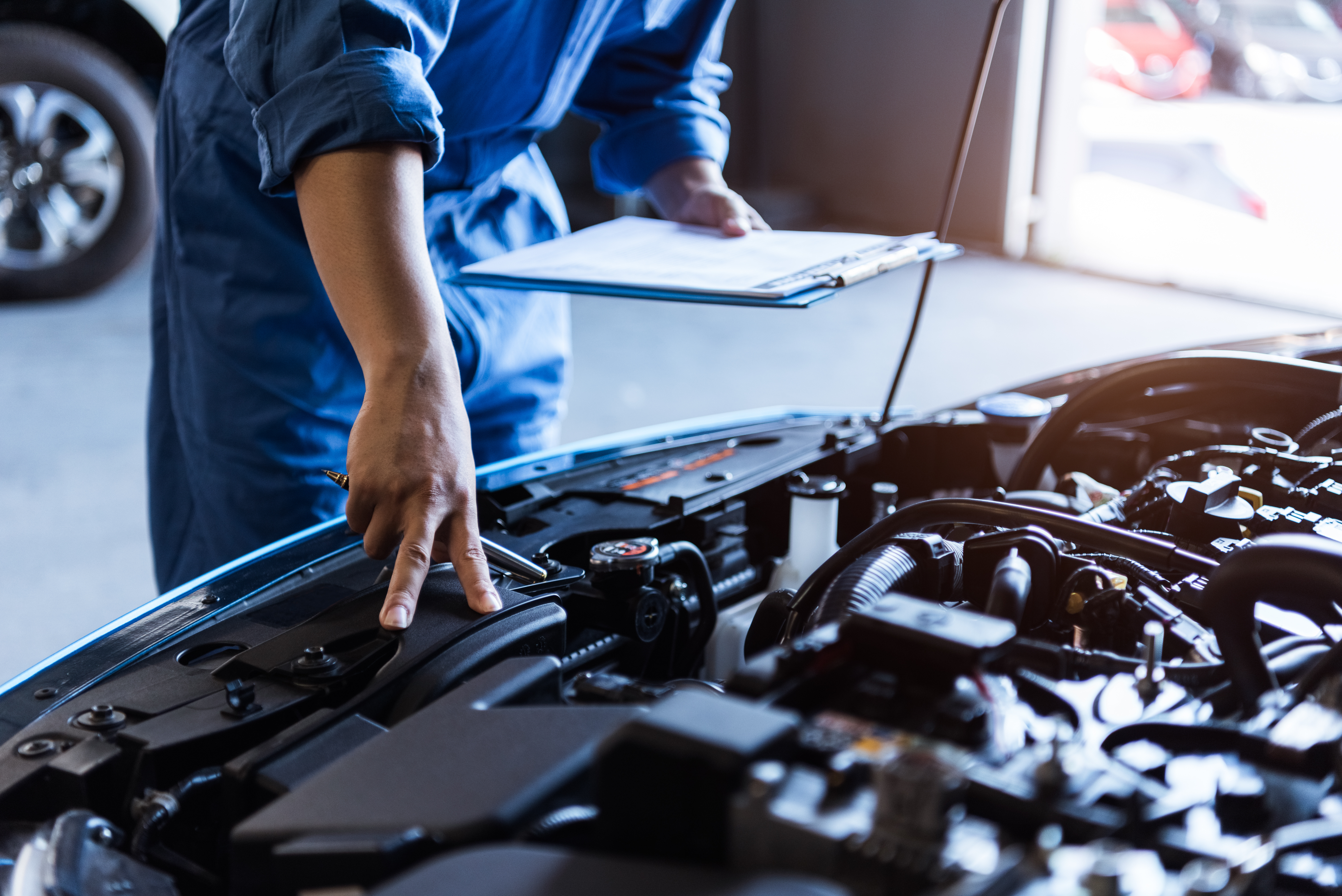
At Beach Auto Repair, our experienced technicians specialize in providing thorough
tune-up services for your vehicle. Whether it's issues related to engine
performance, fuel efficiency, or illuminated dashboard lights, our team swiftly
identifies the
problem and proceeds with the necessary services.
Performance problems, decreased fuel efficiency, or illuminated dashboard lights can
result from
neglected maintenance or worn-out components. Our technicians excel at efficiently
and professionally conducting tune-ups, ensuring your vehicle runs at its best. Feel
free to contact us for top-tier tune-up services, enhancing your vehicle's overall
performance and reliability.
Call or Text us at
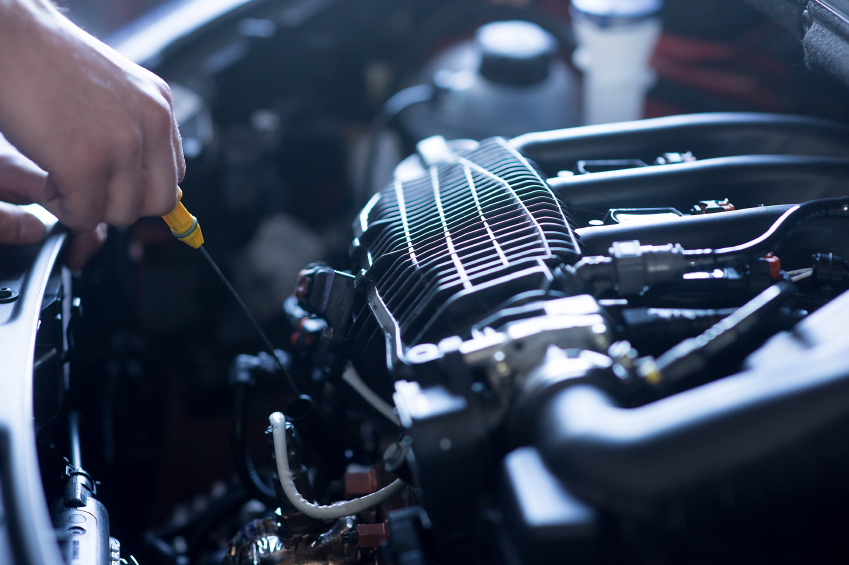
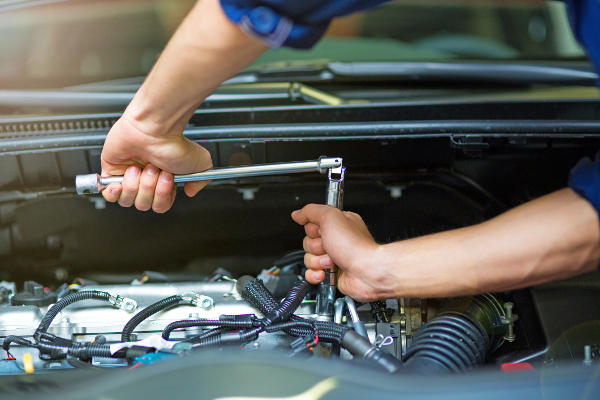
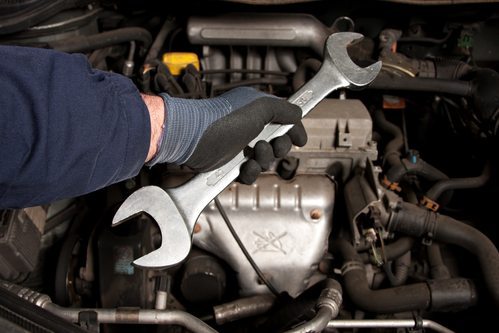
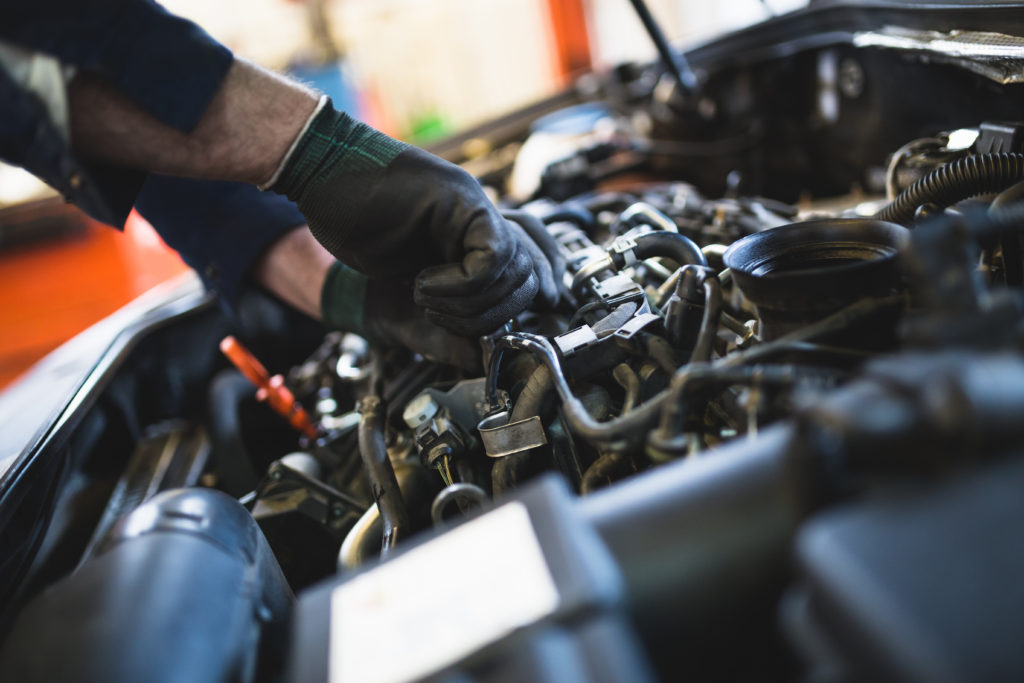
There are several key aspects to be aware of when it comes to understanding the purpose of a vehicle tune-up. Here are some important points to consider:
1. Optimizing Performance: The primary purpose of a vehicle tune-up is to optimize its performance. Over time, components like spark plugs, air filters, and ignition systems can wear out or become less efficient. A tune-up replaces or adjusts these parts to ensure the engine runs smoothly, accelerates well, and maintains power.
2. Fuel Efficiency: A well-executed tune-up can improve fuel efficiency by replacing worn components that may lead to incomplete combustion. It helps to ensure that your vehicle is using fuel more efficiently and producing fewer emissions.
3. Smooth Idle: A properly tuned engine will have a steady and smooth idle. This is important for driver comfort and is an indicator of good engine health.
4. Reducing Emissions: A well-maintained engine produces fewer harmful emissions. A tune-up helps reduce air pollution and ensures your vehicle complies with emission standards.
5. Reliable Starting: A tune-up includes inspecting and replacing components that affect starting, such as the battery, starter, and ignition system. This ensures your vehicle reliably starts without any hiccups.
6. Addressing Warning Lights: If your vehicle's onboard computer system triggers warning lights indicating issues with the engine or emissions, a tune-up can address and resolve these problems.
7. Increased Longevity: Regular tune-ups can extend the life of your vehicle. Replacing worn components and addressing minor issues prevents them from escalating into major problems that can lead to engine damage or failure.
8. Improved Drivability: A tuned-up vehicle is more enjoyable to drive. It responds better to throttle input, accelerates smoothly, and provides consistent power.
9. Diagnosing Problems: During a tune-up, a mechanic can identify any underlying issues that may not be immediately obvious. This can help prevent unexpected breakdowns and costly repairs.
10. Preserving Resale Value: Keeping your vehicle in good condition through regular tune-ups can enhance its resale value. Potential buyers are often more interested in vehicles that have been well-maintained.
11. Safety: A well-maintained vehicle is a safer vehicle. A tune-up can address safety-related issues, such as brakes, steering, and suspension components, ensuring that your vehicle handles well and responds predictably on the road.
By understanding these key points about the purpose of a vehicle tune-up, you can appreciate its role in maintaining your vehicle's performance, fuel efficiency, and reliability.
There are several key aspects to be aware of when it comes to understanding what is checked and serviced in a vehicle tune-up. Here are some important points to consider:
1. Spark Plugs: One of the primary components serviced in a tune-up are the spark plugs. They are inspected and, if necessary, replaced. Properly functioning spark plugs are crucial for efficient combustion in the engine.
2. Air Filter: The air filter is checked, and if it's dirty or clogged, it is replaced. A clean air filter ensures that the engine receives a steady supply of clean air for combustion.
3. Fuel Filter: If your vehicle has an external fuel filter (not all do), it's often replaced during a tune-up. A clean fuel filter ensures that fuel is free of contaminants before entering the engine.
4. PCV Valve: The Positive Crankcase Ventilation (PCV) valve is inspected and replaced if needed. It helps control emissions and ensures proper engine performance.
5. Ignition Components: This includes inspecting and possibly replacing components like ignition wires or coils, distributor caps, and rotors. Ensuring a strong and consistent spark is essential for efficient combustion.
6. Battery and Charging System: The battery's health is checked, and terminals are cleaned. The alternator and starter are also inspected to ensure reliable starting and electrical power.
7. Belts and Hoses: Belts and hoses are inspected for wear, cracking, or damage. These components are replaced if necessary to prevent breakdowns.
8. Fluids: Fluid levels, including engine oil, transmission fluid, brake fluid, power steering fluid, and coolant, are checked and topped off or replaced as needed.
9. Throttle Body and Fuel Injection Cleaning: Depending on the type of fuel injection system, a tune-up may include cleaning the throttle body and fuel injectors. This helps maintain proper fuel delivery and engine performance.
10. Exhaust System Inspection: The exhaust system, including the catalytic converter, muffler, and exhaust pipes, is inspected for leaks, damage, and signs of corrosion.
11. Tire Inspection: Tires are sometimes inspected during a comprehensive vehicle tune-up. Proper tire maintenance is important for overall vehicle safety and fuel efficiency.
12. Brake Inspection: Brake components, including pads, rotors, and brake lines, are inspected for wear and damage. Brake fluid may be replaced if necessary.
13. Suspension and Steering Inspection: The vehicle's suspension and steering components are checked for wear and proper alignment, ensuring safe and comfortable driving.
14. Cooling System Check: The cooling system is inspected for coolant leaks, proper coolant levels, and the condition of hoses and the radiator.
15. Check Engine Light: If the check engine light is on, a diagnostic scan is often part of the tune-up to identify and address any issues.
By understanding these key points about what is checked and serviced in a vehicle tune-up, you can appreciate the comprehensive nature of this maintenance procedure.
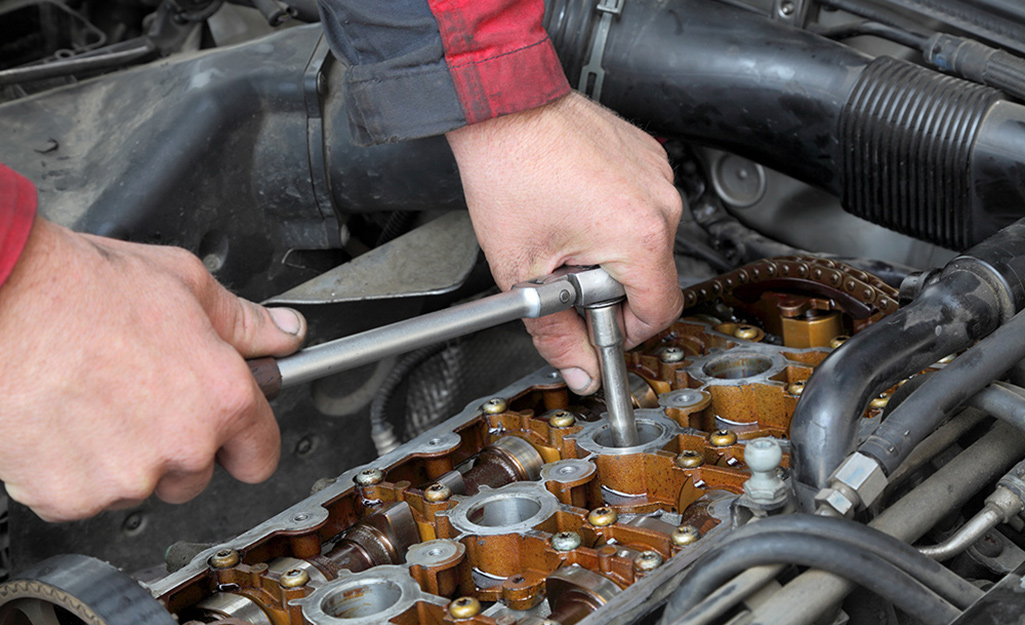
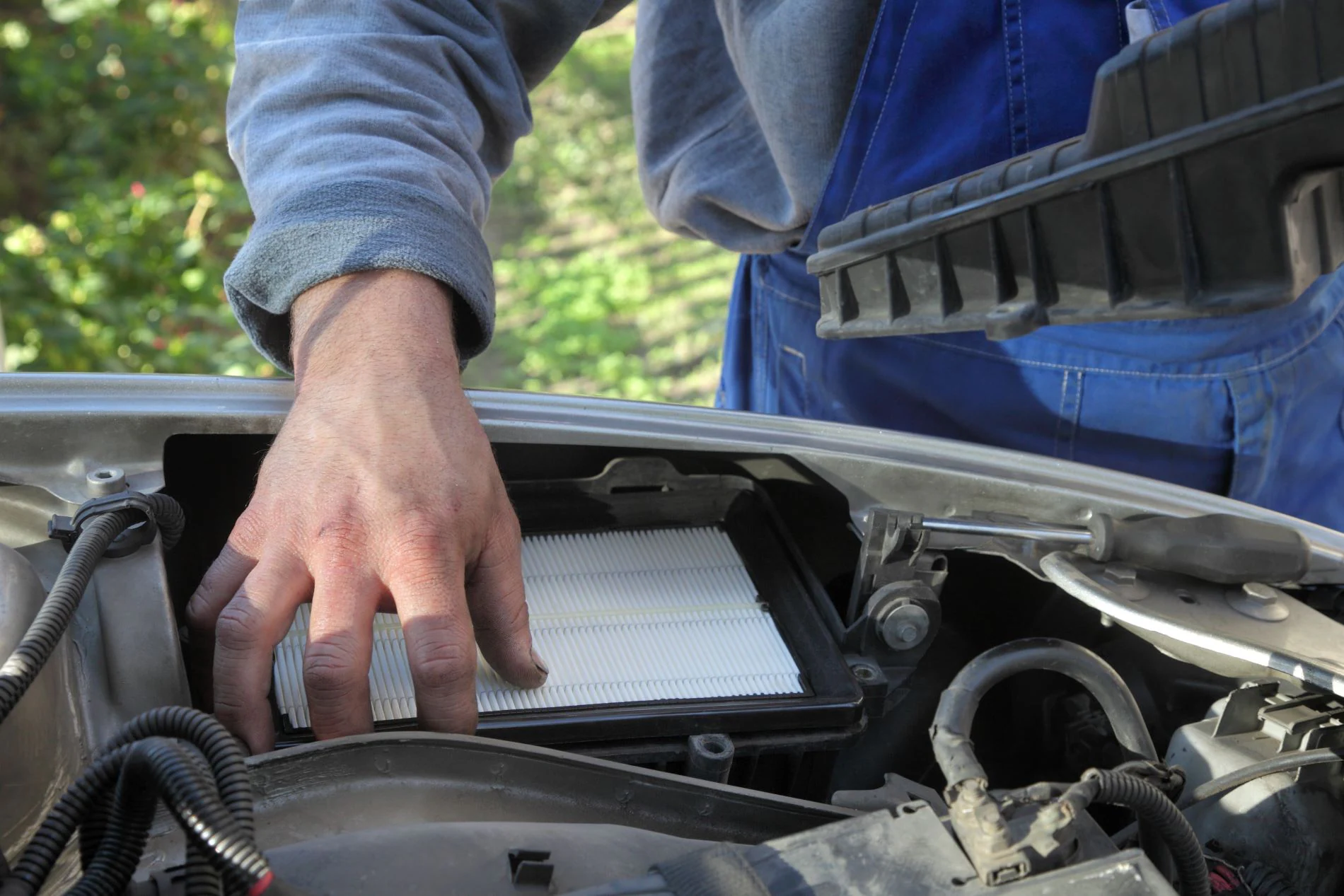
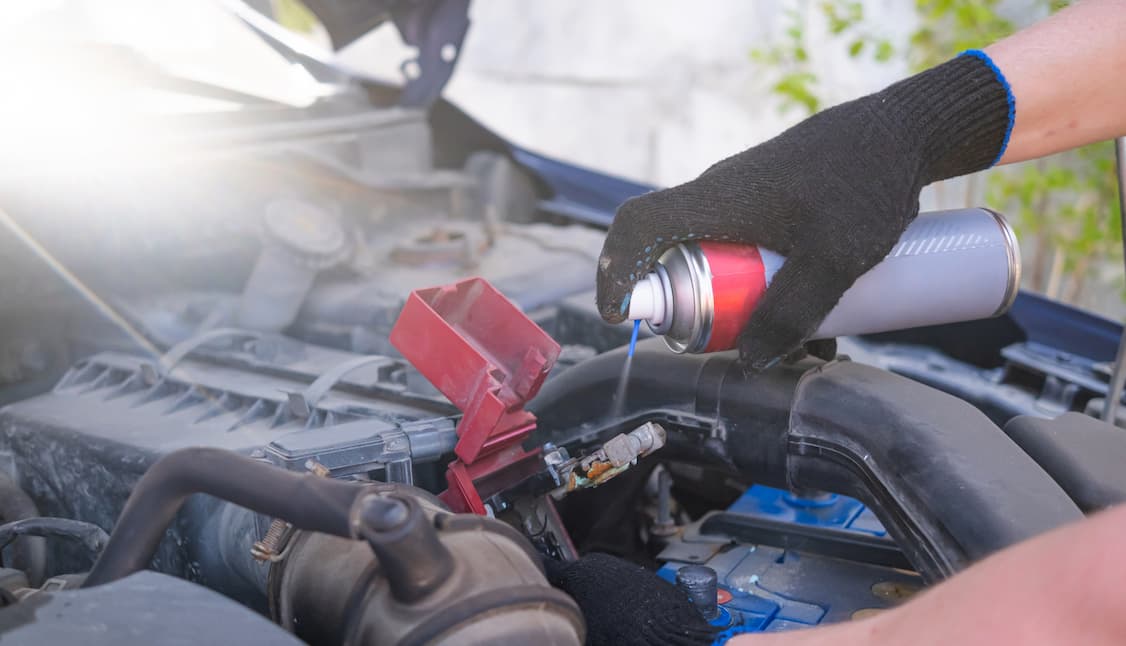
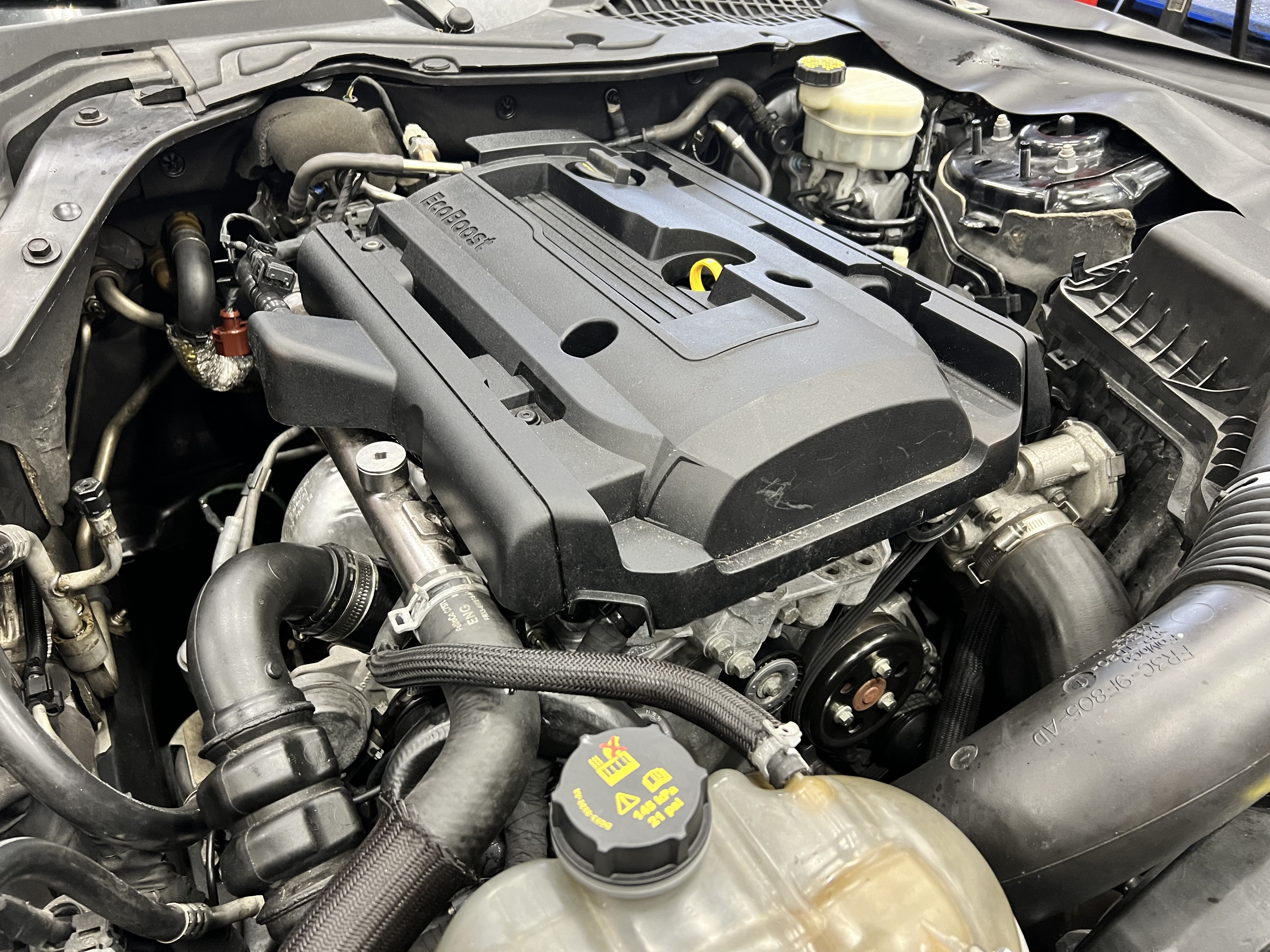
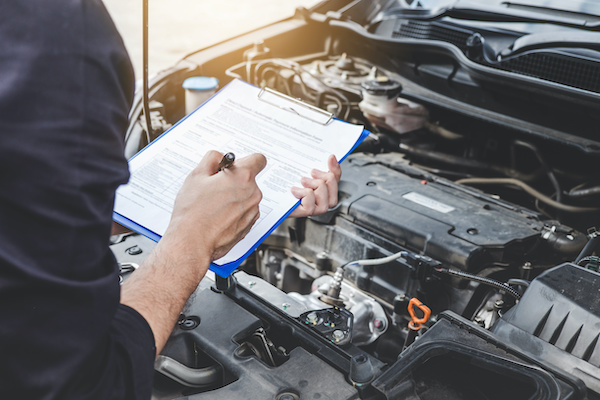

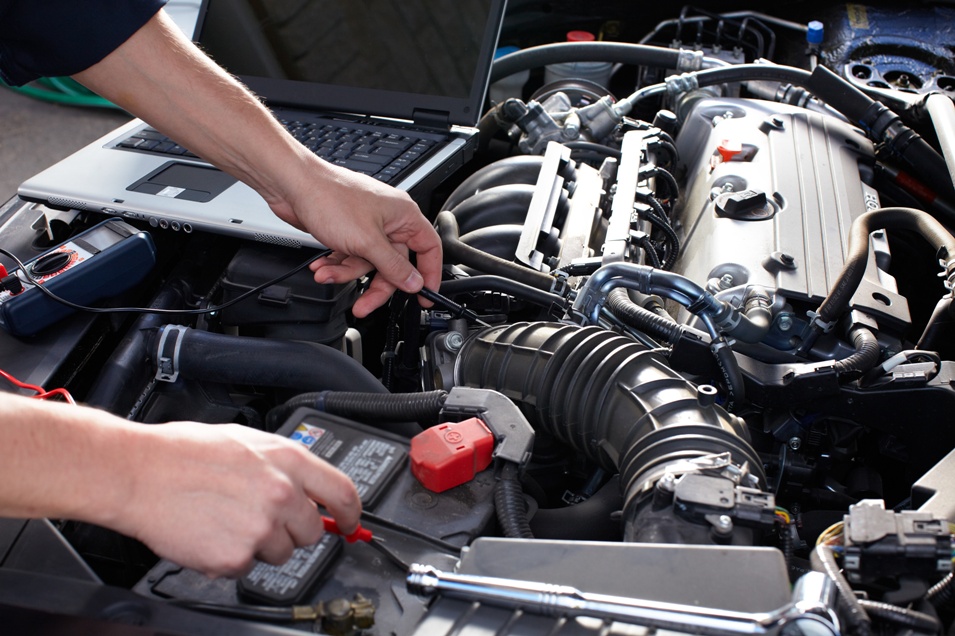
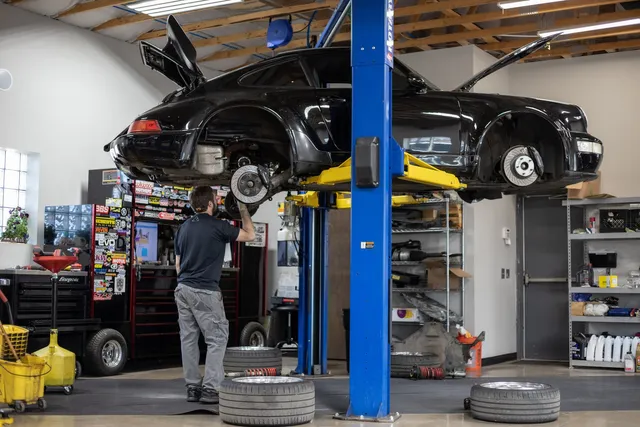
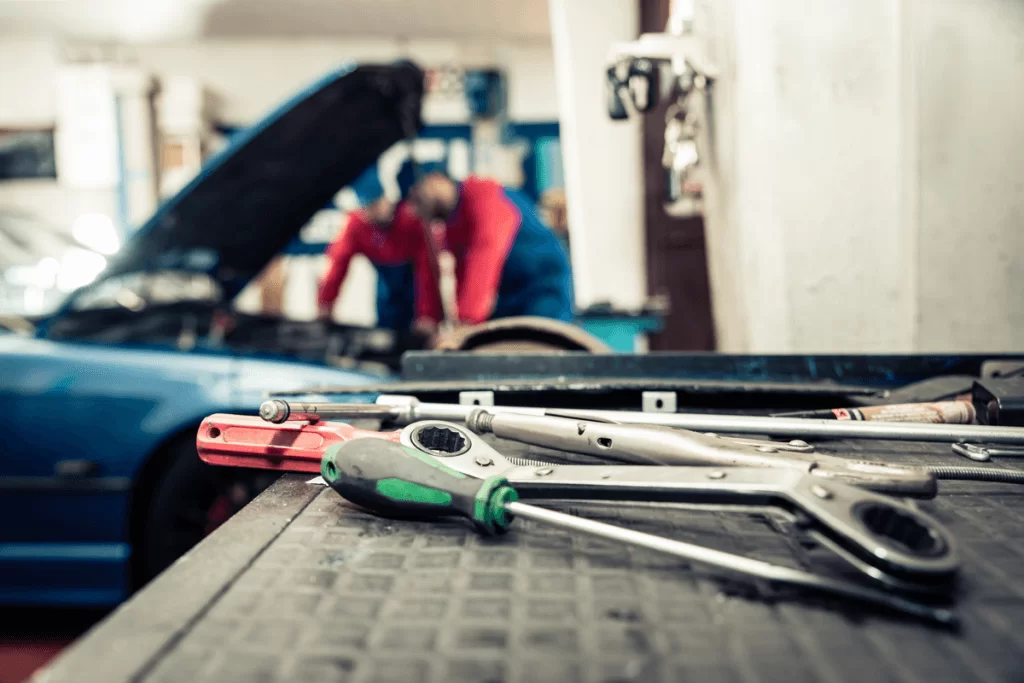
There are several key aspects to be aware of when it comes to determining when you should get a vehicle tune-up. Here are some important points to consider:
1. Manufacturer's Recommendations: The best starting point for scheduling a tune-up is to consult your vehicle's owner's manual. It often includes a maintenance schedule that specifies when various components, such as spark plugs and filters, should be inspected or replaced.
2. Mileage Intervals: Many automakers provide mileage-based guidelines for tune-ups. A common recommendation is to schedule a tune-up every 30,000 to 60,000 miles, although this can vary depending on the vehicle and the type of driving you do.
3. Time-Based Intervals: In addition to mileage, consider time-based intervals. Even if you haven't driven many miles, components like rubber hoses and belts can deteriorate over time. Typically, a tune-up every one to two years is a good rule of thumb.
4. Vehicle Age: The age of your vehicle is an important factor. Older vehicles may require more frequent tune-ups as components wear out faster. Newer vehicles often have longer intervals between tune-ups due to improved materials and technology.
5. Driving Conditions: Consider your typical driving conditions. If you frequently drive in stop-and-go traffic, extreme temperatures, or dusty environments, your vehicle's components may wear out faster. In such cases, more frequent tune-ups may be necessary.
6. Check Engine Light: If your vehicle's check engine light comes on, it's a clear sign that something is amiss. While not all issues are related to tune-up components, it's a good reason to have your vehicle inspected by a mechanic.
7. Irregular Performance: If you notice irregular performance such as rough idling, poor acceleration, decreased fuel efficiency, or unusual noises, it may be time for a tune-up. These symptoms can often be addressed by replacing or adjusting worn components.
8. Excessive Emissions: If your vehicle fails an emissions test, it may need a tune-up to address the issue. Many emissions-related problems can be resolved with proper maintenance.
9. Personal Preferences: Some vehicle owners prefer to be proactive and schedule regular tune-ups at shorter intervals than the manufacturer's recommendations. This approach can help ensure your vehicle is always in top condition.
10. Professional Advice: Lastly, it's a good idea to consult with a qualified mechanic. They can inspect your vehicle, assess its condition, and provide recommendations for when a tune-up is needed based on the specific circumstances of your vehicle.
By considering these key points, you can determine when to schedule a tune-up for your vehicle and ensure it continues to perform well and remain reliable.
Let us know how we can help.